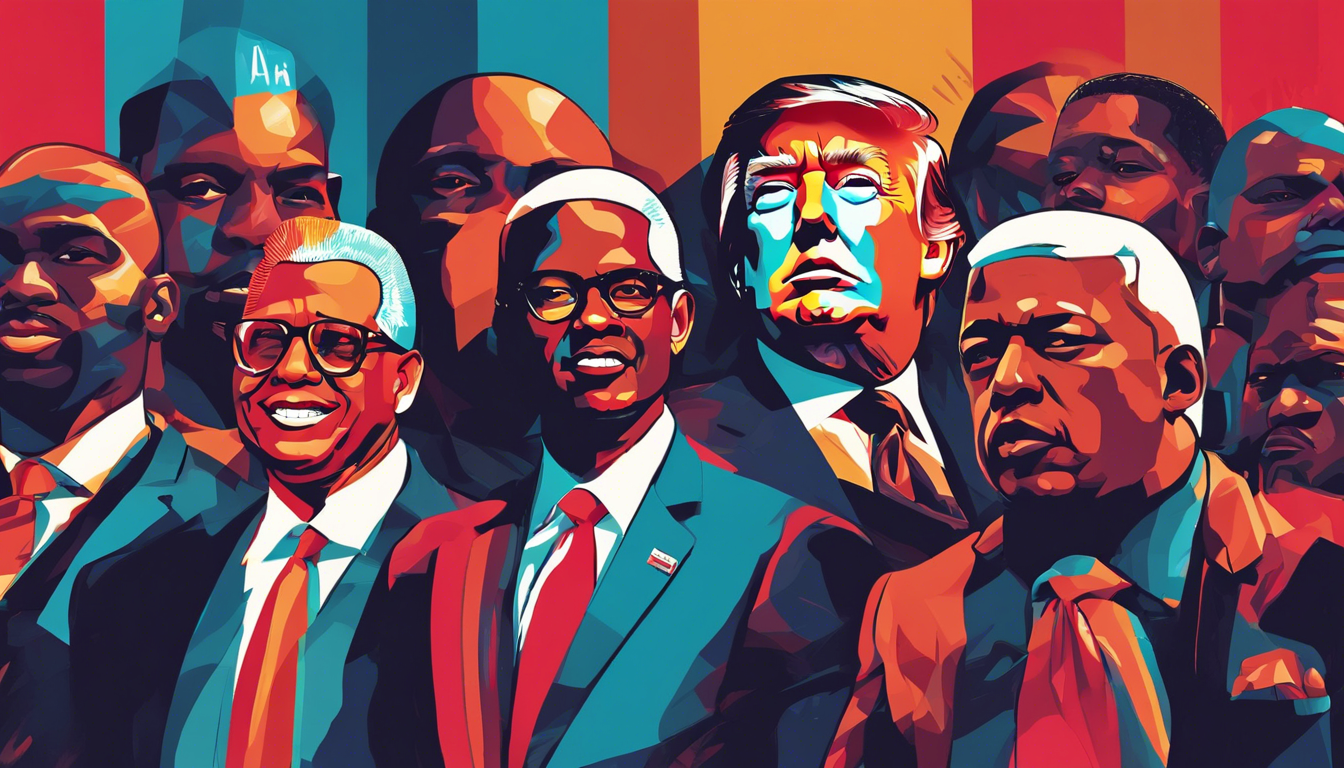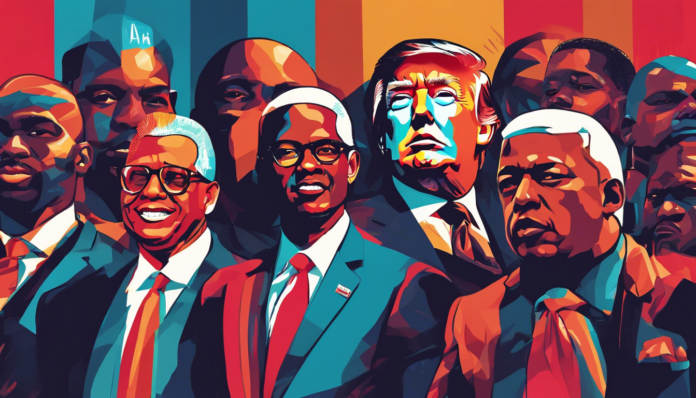
In the wake of the recent election, a notable shift has emerged among Black and Hispanic male voters, with President-elect Donald Trump gaining unexpected ground against Vice President Kamala Harris. This article delves into the significant polling data that reveals not only Trump’s increased support from these demographics but also the ensuing media backlash that critiques their electoral decisions. Amidst accusations of racism and sexism leveled at these voters for their choices, we explore the underlying reasons behind this voter shift and what it may signify for future elections.
Things to consider –
- Trump saw a significant increase in support from Black men, rising from 8% to 21% compared to the previous election.
- Harris struggled to engage Black and Hispanic male voters, receiving only 22% and 53% support respectively.
- Critics of the voting patterns among these demographics argue they reflect broader societal biases, overshadowing genuine electoral preferences.
Polling Data Analysis: The 2023 Election Results
The recent polling data from the 2023 election unveils a pivotal shift in voter dynamics, particularly among Black and Hispanic male voters. President-elect Donald Trump’s surge in support—capturing 21% of the Black vote, a significant jump from 8% in 2020—raises questions about the underlying causes of this trend, especially in light of the backlash from the far-left media and the Democratic establishment. Critics have hastily labeled these voters as aligned with racism and sexism for their choice, despite evidence suggesting that Vice President Kamala Harris’s inability to galvanize support—only 22% of Black male voters backed her compared to 90% for Biden—might be attributed to her campaign’s failure to resonate with their concerns. Furthermore, the increase in Hispanic voter support for Trump to 45%, contrasting with Harris’s 53%, highlights a troubling pattern for Democrats. This data challenges the narrative of inherent bias, suggesting instead that these voters made informed choices based on the candidates’ messages and connection to their communities.
Media Backlash and Its Implications
The implications of this media backlash extend beyond mere rhetoric, as they point to a fundamental disconnect between the Democratic Party’s messaging and the values of these communities. The far-left media’s framing of Black and Hispanic male voters as inherently flawed in their electoral choices ignores the complex realities facing these groups. Many voters are seeking candidates who do not just pay lip service to their concerns but genuinely address issues such as economic opportunity, education, and public safety. By dismissing their voting decisions as symptomatic of systemic biases, critics risk alienating potential supporters who feel their voices are being marginalized rather than embraced. Consequently, this backlash may further entrench divisions, pushing away those who could be allies in favor of a narrative that simplifies the multifaceted nature of voter behavior.


